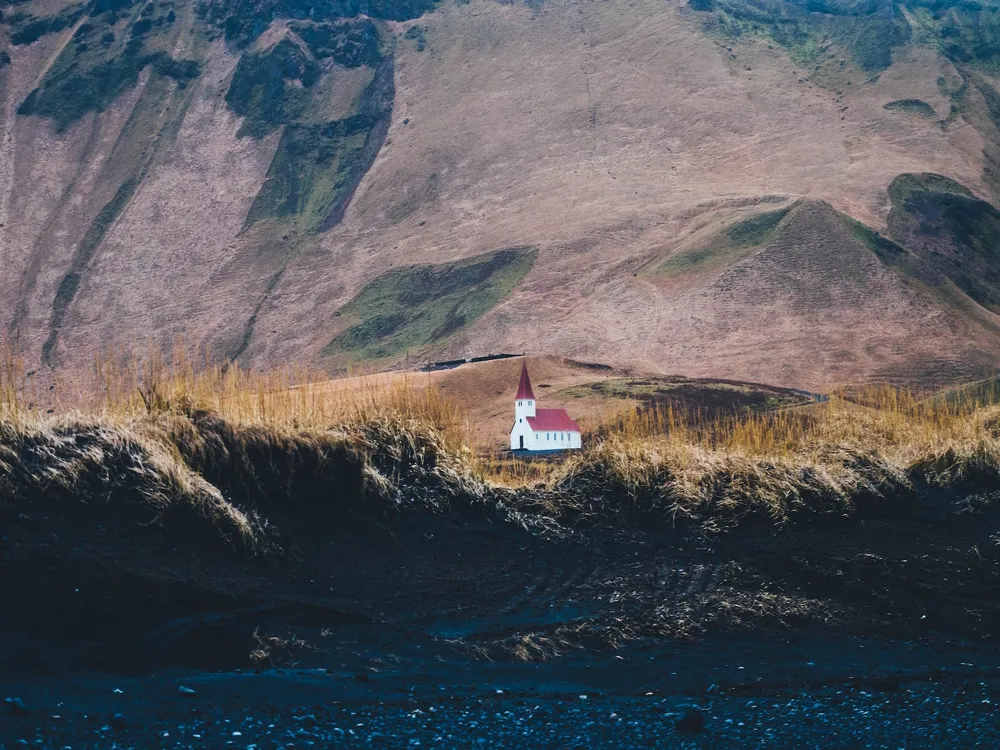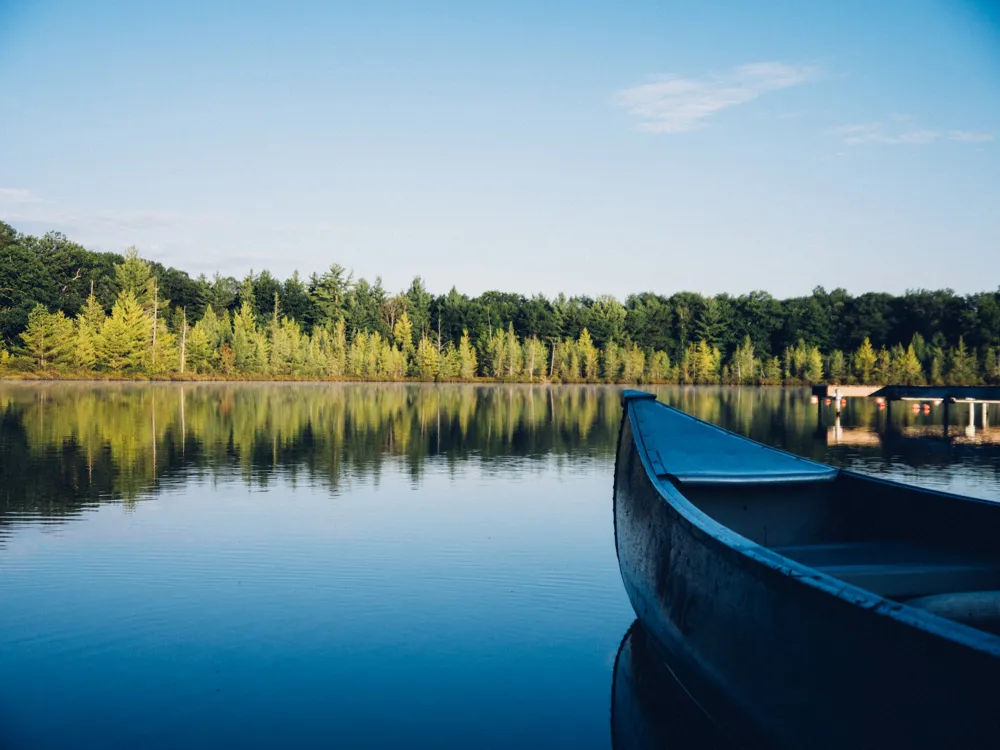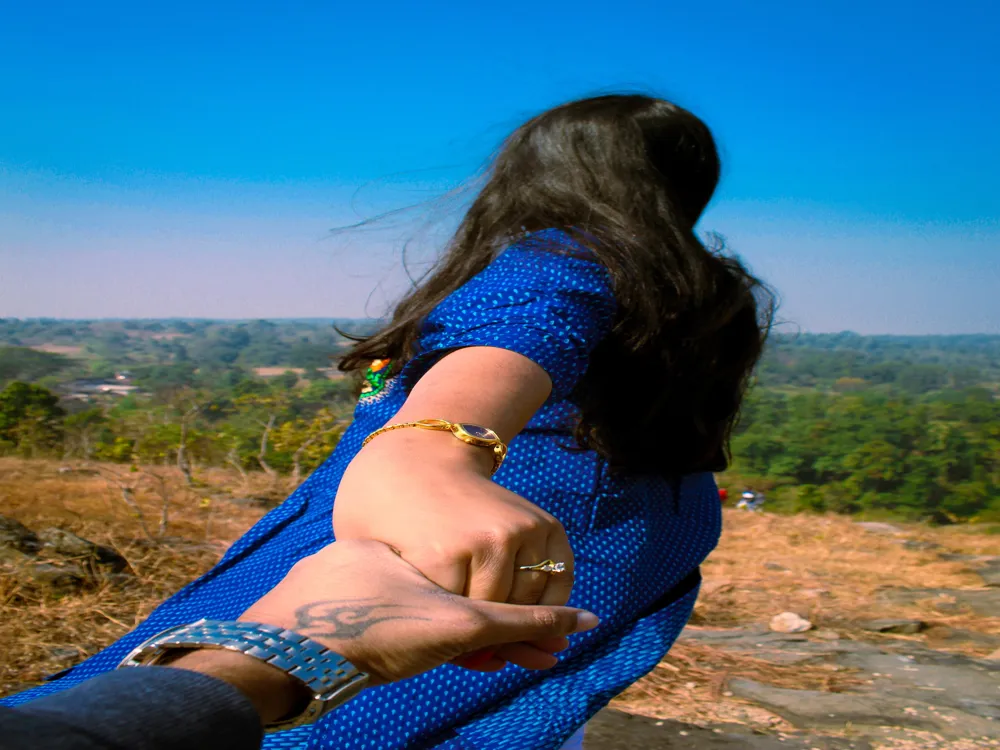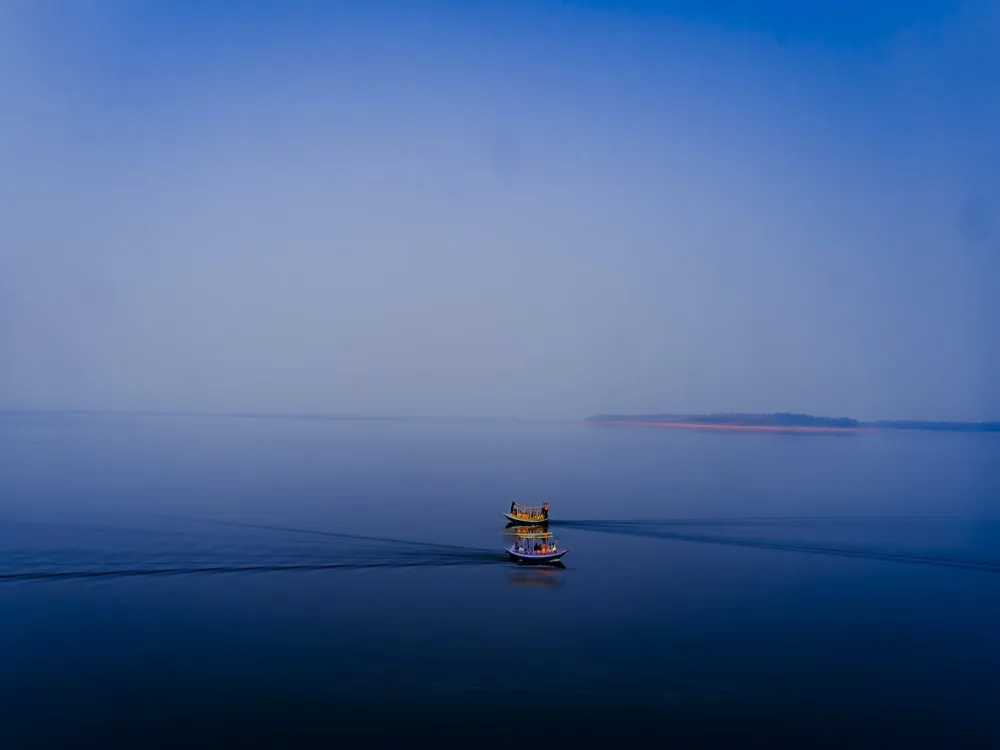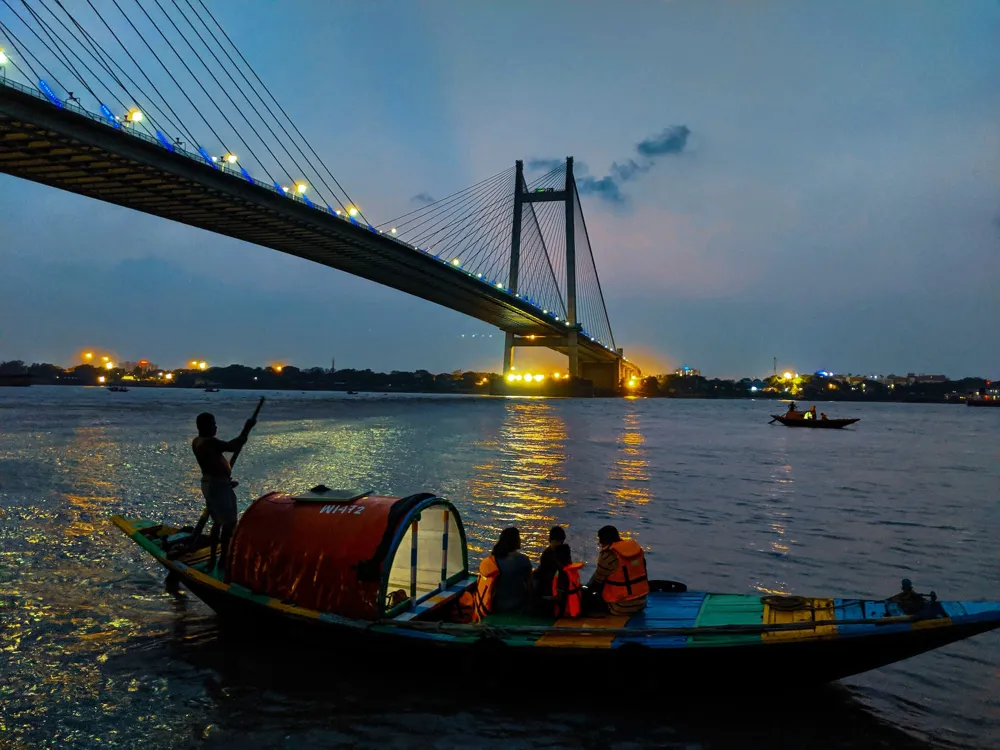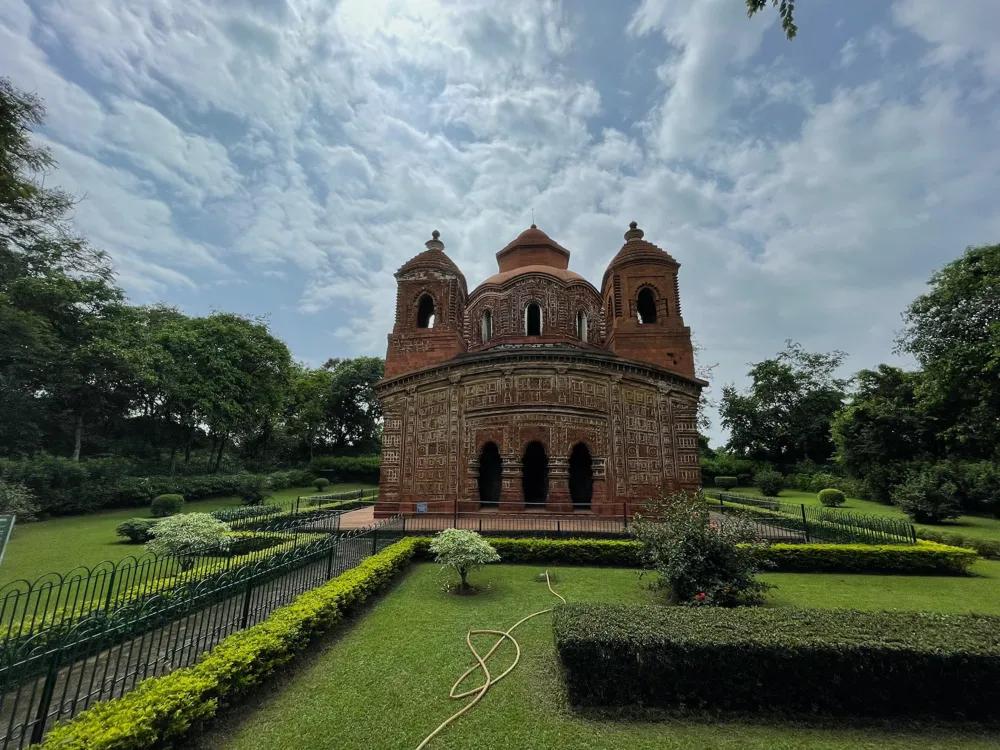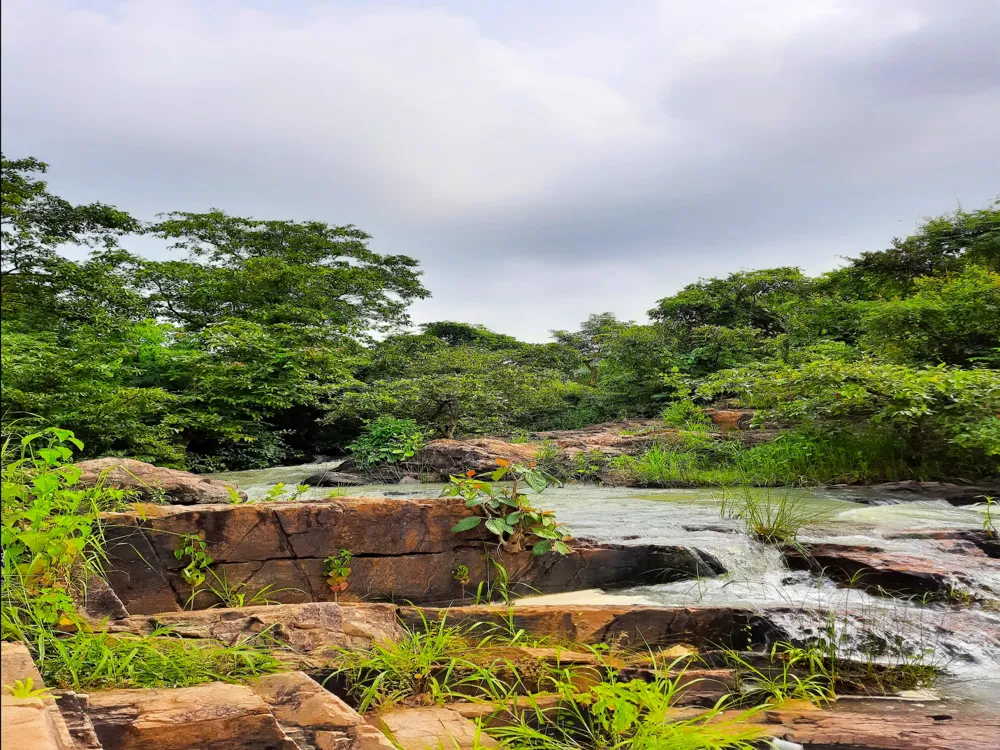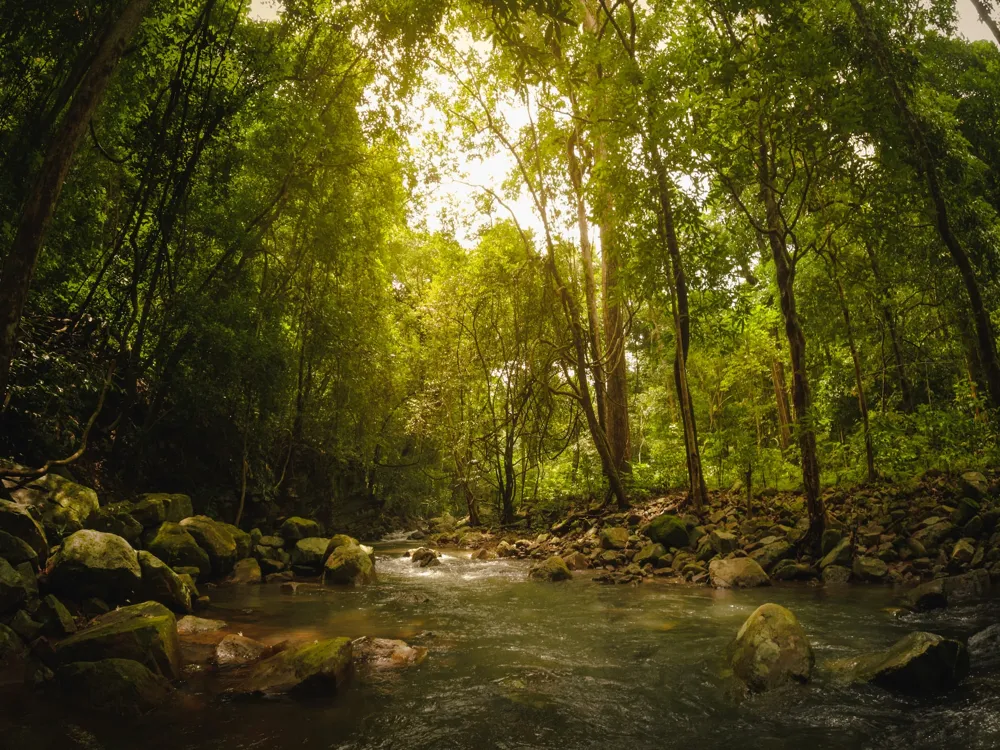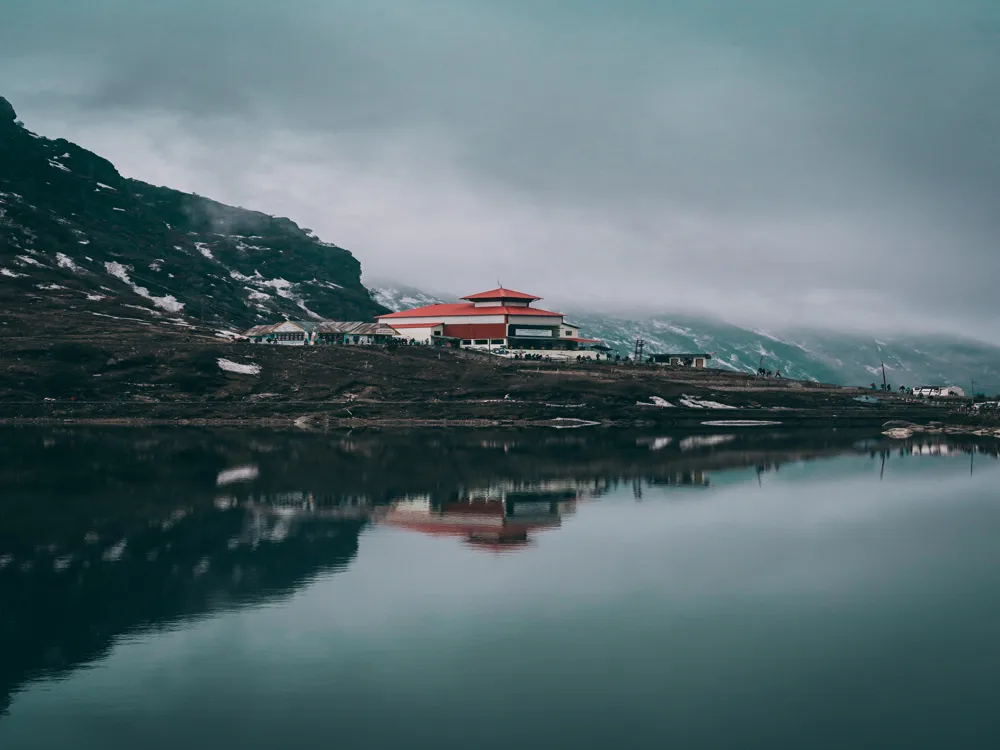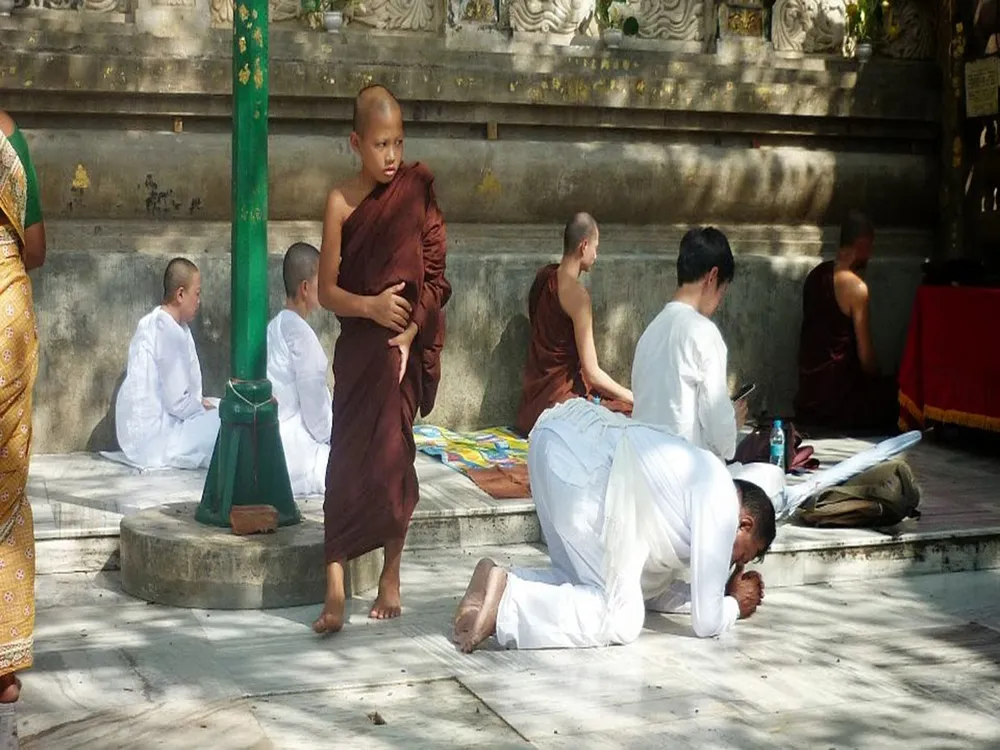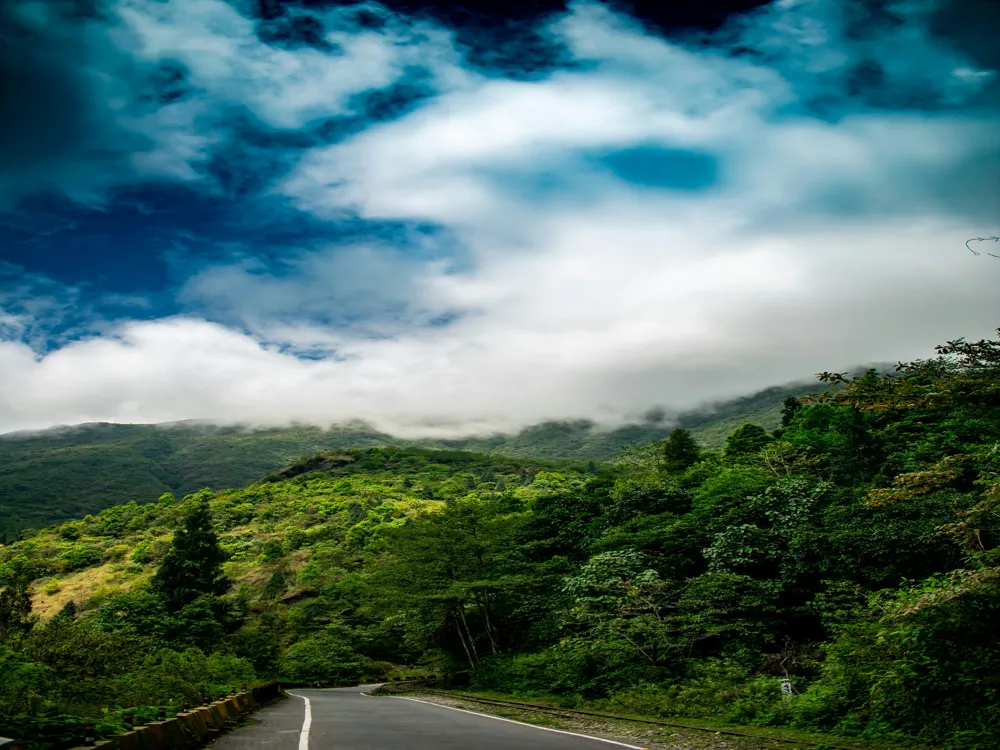Jamshedpur, a prominent city in the state of Jharkhand, India, is renowned for its mesmerizing natural landscapes, amongst which the confluence of the Subarnarekha and Kharkai rivers, commonly referred to as the 'Rivers Meet,' stands out. This scenic spot, where two major rivers merge, is not only a natural wonder but also an integral part of the cultural and ecological fabric of Jamshedpur. The Rivers Meet is a testament to the region's rich geographical diversity, offering a unique blend of serene beauty and ecological importance. The Subarnarekha River, translating to 'line of gold' in the local dialect, originates from the Chota Nagpur plateau and winds its way through the Eastern Ghats before merging with the Bay of Bengal. On the other hand, the Kharkai River, another significant watercourse, joins the Subarnarekha at this confluence, adding to the region's hydrological significance. The convergence of these rivers at the Rivers Meet presents a spectacular view, with the contrasting colors of the two rivers distinctly visible at the junction. The area surrounding the Rivers Meet is adorned with lush greenery, making it a popular spot for picnics, nature walks, and bird-watching. The rich flora and fauna in the vicinity add to the charm of this place, attracting nature enthusiasts and photographers alike. The Rivers Meet also holds a special place in the hearts of the locals, serving as a venue for various cultural and religious activities throughout the year. The architecture of the Rivers Meet in Jamshedpur is a harmonious blend of natural and man-made structures, designed to enhance the intrinsic beauty of the confluence while ensuring sustainability and environmental conservation. The layout of the area is strategically planned to provide visitors with an immersive experience of the natural splendor while minimizing the ecological footprint. The most striking feature of the Rivers Meet's architecture is its observation decks and viewing points. These structures are strategically placed to offer panoramic views of the confluence, allowing visitors to witness the majestic merging of the Subarnarekha and Kharkai rivers. The use of eco-friendly materials in the construction of these decks demonstrates a commitment to sustainability. Pathways and walkways meandering through the lush green surroundings are another integral aspect of the architecture at Rivers Meet. These paths are designed to blend seamlessly with the natural terrain, ensuring minimal disturbance to the local ecosystem. The use of local stone and materials in the construction of these pathways not only adds to the aesthetic appeal but also promotes the use of sustainable resources. The ideal time to visit the Rivers Meet in Jamshedpur is during the post-monsoon and winter months, from October to March. During this period, the weather is pleasant, and the rivers are full, offering a spectacular view of the confluence. Visitors are advised to carry essentials like water bottles, sun protection, comfortable footwear for walking, and binoculars for bird watching. It's also recommended to carry a camera to capture the scenic beauty of the area. It's important to respect local customs and guidelines while visiting the Rivers Meet. Avoid littering, adhere to designated pathways, and respect the natural habitat and wildlife in the area. Rivers Meet in Jamshedpur is well-connected and can be easily accessed by various modes of transport. The nearest airport is the Birsa Munda Airport in Ranchi, about 130 kilometers away. From there, visitors can hire taxis or take buses to reach Jamshedpur. Within Jamshedpur, local transportation like auto-rickshaws and taxis are available to reach the Rivers Meet. For those driving, the area is well-connected through national and state highways, making it a convenient road trip destination. Read More: Overview of Rivers Meet in Jamshedpur, Jharkhand
The architecture of Rivers Meet
Tips When Visiting Rivers Meet
Best Time to Visit
What to Bring
Local Guidelines
How To Reach Rivers Meet
Rivers Meet
Jamshedpur
Jharkhand
NaN onwards
View jamshedpur Packages
Jamshedpur Travel Packages
View All Packages For Jamshedpur
Top Hotel Collections for Jamshedpur

Private Pool

Luxury Hotels

5-Star Hotels

Pet Friendly
Top Hotels Near Jamshedpur
Other Top Ranking Places In Jamshedpur
View All Places To Visit In jamshedpur
View jamshedpur Packages
Jamshedpur Travel Packages
View All Packages For Jamshedpur
Top Hotel Collections for Jamshedpur

Private Pool

Luxury Hotels

5-Star Hotels

Pet Friendly






